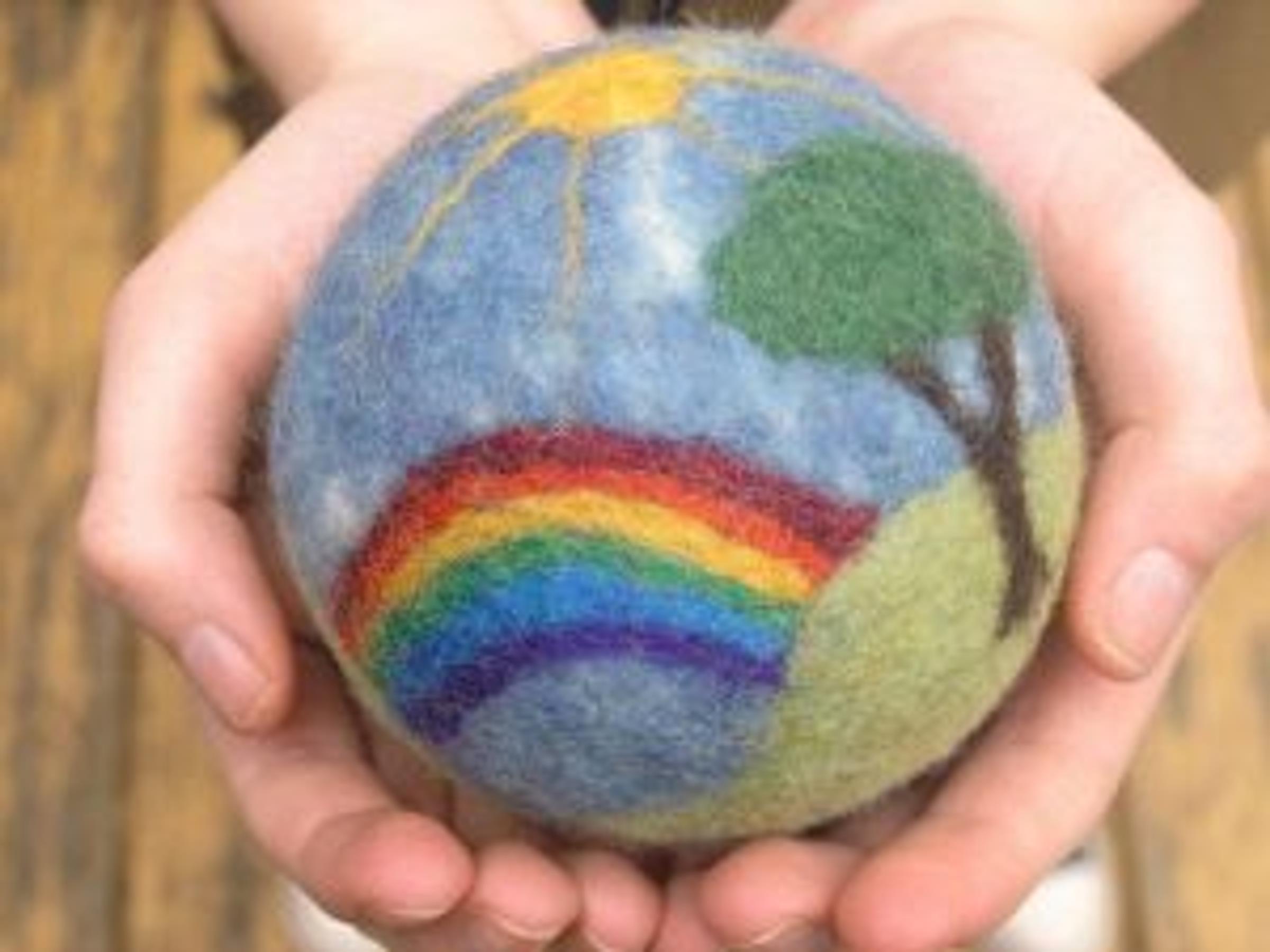Weekly Wellbeing

The need for humility in today's world
For those of us who have had the chance to watch the news recently, we can see that we are on the brink of change. In our interconnected and globalised world, we have seen more dark history come to light. As a result, a culture focused on the pursuit of social justice has been emerging. In this time of growth and change you may be asking yourself some questions.
E.g. What is my responsibility here? How do I support my children’s understanding of what is happening in the world around them? How am I meant to approach serious, heavy, difficult issues like racism, as I raise my children?
It may seem irrelevant, unnecessary or too early to begin to discuss these difficult issues with your children, but that is not the case. You do not need to expose your children to distressing or grievous images and events to begin your discussions.
I recommend that you initiate family conversations around the concept of humility.
We are not expected to be experts on any of the injustices in this world. We do possess the ability to see every unjust act that happens to those we interact with daily. We only hold the ability to view the world from our own eyes. We can only imagine how others might view our world. As individuals, we cannot know all the answers or correct responses to daunting issues like systemic racism. We are only able to know our own experiences. We are unable to ever fully understand what someone else has experienced, felt, or understood.
The lens we use to see others
When we approach others, we automatically see them through a lens constructed of our own bias and perspective. However, with conscious reflection and self- awareness, we have the ability to choose what lens we want to use. Many, often unconsciously, choose a judgmental lens, assuming we know what has been going on in the lives of the other. This lens will result in stereotypes and misunderstandings.
Many choose a fear-based lens, they unconsciously allow fear to fill their imagination when interpreting the others. This lens will often result in in avoidance or segregation.
The lens that leads to the deepest truth and understanding is the humility lens. This lens may not happen automatically, and often requires a conscious commitment. This lens is all about knowing we cannot possibly know what is happening in the others’ lives. This lens will lead to curiosity and a better understanding of people.
Cultural Humility
The concept of “cultural humility” comes from medical doctors Melanie Tervalon and Jann Murray-Garcia. They coined the term in 1998 and social scientists around the world have been investigating the concept since. The idea is essentially to commit to the lifelong process of self-evaluation and self-criticism in ensuring as a person you are using that humility lens as you approach others.
So, this is where I challenge you to start your conversations. This is how I challenge you to approach our ever changing and challenging world, with cultural humility. Start by discussing the term humility with the young people in your life. Demonstrate humility when you are able. Seek after more information and better understanding with every opportunity that arises. And take a look at the articles I have attached below.
Article with the “why” and “how” of teaching children humility: https://www.figur8.net/2015/02/05/the-power-of-humility/
Articles further describing cultural humility:
https://study.com/academy/lesson/cultural-humility-definition-example.html
https://www.apa.org/pi/families/resources/newsletter/2013/08/cultural-humility
Thank you for your consideration.
Cheyenne Mason - Student Wellbeing Officer
